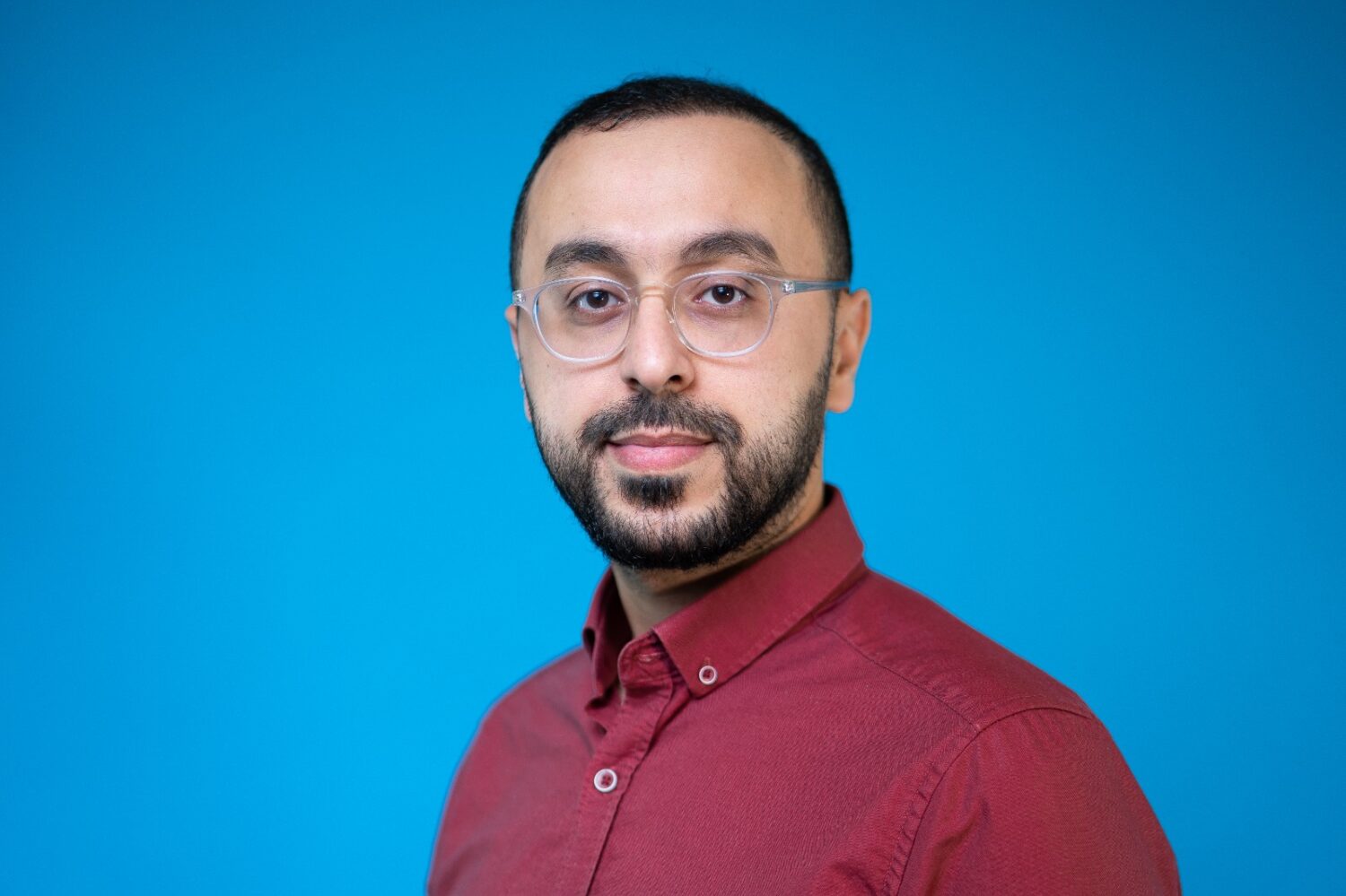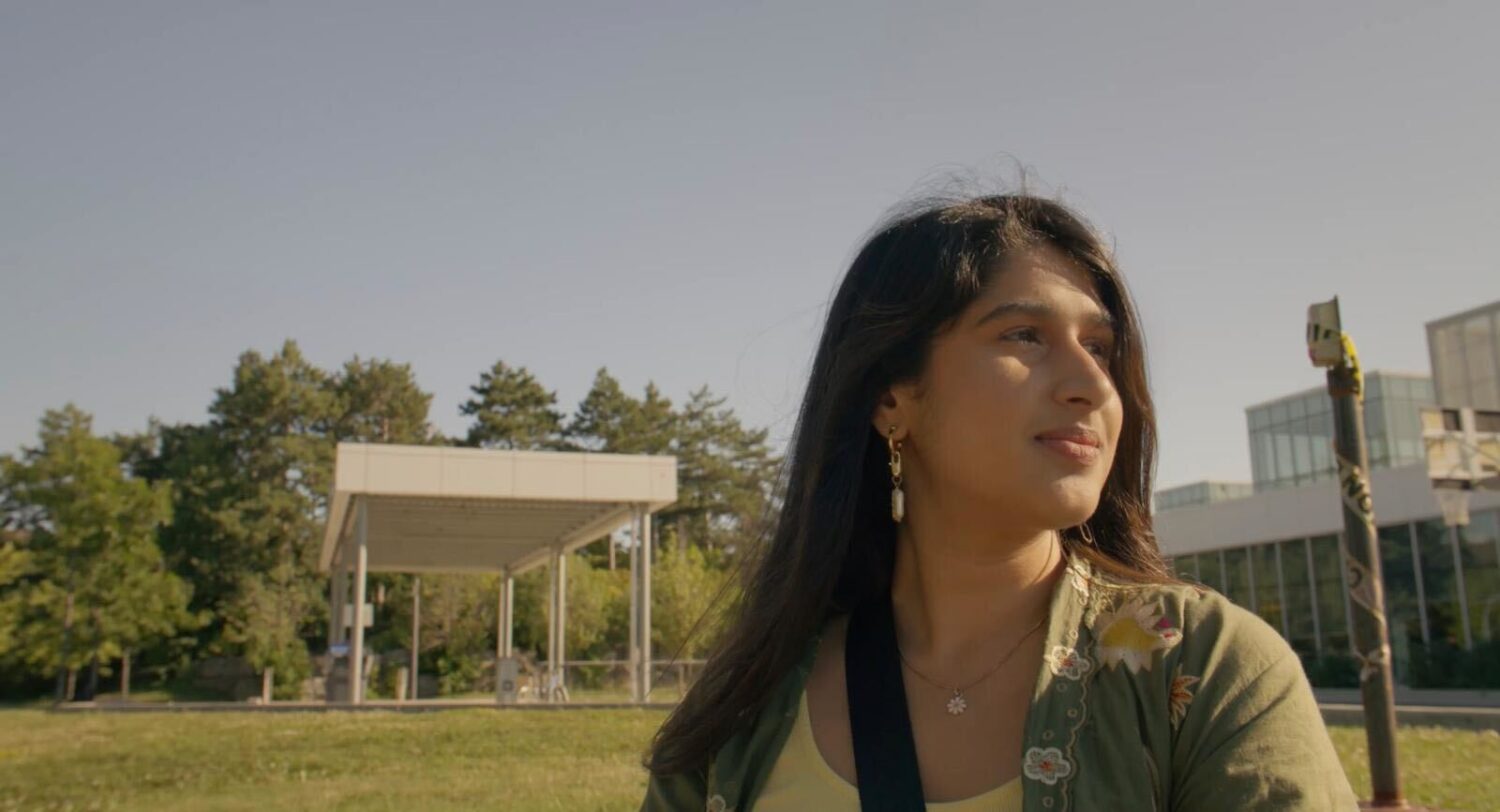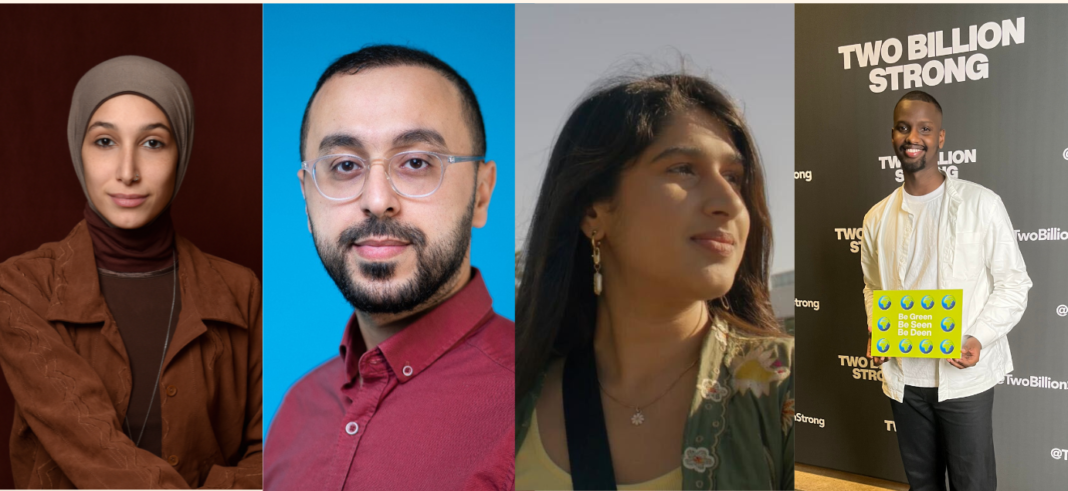This Earth Day, the Muslim Climate Watch Team worked to highlight diverse voices from Muslims on what climate justice means to them. They shared their insights on what role Muslims should play in a just climate transition and how to approach climate issues as devout believers.
Fawzia Jaffan
Jaffan is an Animal Rights Activist & Researcher with Middle East Vegan Society and Leader and Manager of the Vegan Islam Initiative

When it comes to Islam and according to the Qur’an, preserving the environment is a religious duty in addition to a social obligation, and is not considered an optional matter. The Prophet peace be upon him said: “The world is beautiful and verdant, and verily God, the exalted, has made you His stewards in it, and He sees how you acquit yourselves” (Saheeh Muslim). The Quran says, “It is He who has appointed you vicegerent on the earth…” (Quran 6:165). A Muslim’s role in today’s world should be more cautious and aware of their actions and whether they’re contributing to environmental damage or not. Some good role examples would be recycling, using less chemical-derived products, and most importantly cutting away from animal products to further not support the industries that are responsible for many environmental burdens that threaten sustainability including greenhouse gas emissions, land use and degradation, excessive water use, nutrient pollution, use of fertilizers and pesticides, consumer-level food waste through the entire product food chain and last but not least, deforestation. As we all know, Islam forbids wasting of resources, especially wasting of food and water, as Allah said: ‘Eat and drink, but waste not be excess’ (Quran/Al-araf:31). As well as not cutting down trees excessively and unnecessarily. The Prophet (peace be upon him) ordered the Muslims not to cut trees even during war! Every individual Muslim should make Jihad and try their best avoiding damage to our home planet Earth. Allah also said:
“And do good as Allah has been good to you. Moreover, do not seek to cause corruption in the earth. Allah does not love the corrupters” (Al-Qasas: 77)
Yousef Aly Wahb
Wahb is an Islamic Law Instructor at the University of Windsor Faculty of Law and Research Director at Yaqeen Institute
The discourse on Islam and the environment often focuses on integrating universal religious concepts into prevailing environmental trends and sustainability movements. While this promotes global ethics applicable in postcolonial contexts, it tends to overlook the underlying driving forces of these movements. The recognition of environmental decline and climate change impacts reflects a concerning trend of merely ‘greening the status quo.’ This discourse tends to perpetuate a state of regression, relying on panic-driven crisis management approaches rather than advocating for radical change. There is a minimal exploration of how Islam advocates for systemic and behavioral transformations to address root causes.
To effectively tackle contemporary climate justice issues, we must draw upon Islamic tradition’s precedents and resources while embodying overarching Islamic values such as createdness, mercy, justice, vicegerency, and temporality of life. Justice, for example, seeks to address power imbalances perpetuating eco and social injustices. Mass production exacerbates sustainability issues and labor exploitation, highlighting the need for systemic change. Additionally, the intersectionality of racial and environmental injustices underscores the importance of addressing deeper dynamics in sustainability challenges.

Hashem Abdi
Abdi is a Sustainability Advocate and ESG Consultant

Climate justice to me is the ability for us to tackle inequality caused by climate change and the current socio-economic system while also working to mitigate the impacts of climate change and strive for more equitable systems. Muslims must play a critical role in helping restore the balance to the ecosystems around the world. As stewards of the earth, we have a religious and moral obligation to ensure that the world we leave behind for our future generations is habitable and just for all. Anas ibn Malik reported: The Messenger of Allah (peace and blessings be upon him) said, “If the Resurrection were established upon one of you while he has in his hand a sapling, then let him plant it.” The beauty of this hadith lies in many of its subtle elements. One of the key points is that the person is instructed to plant the sapling even if he never sees the fruits of it. Like so many of us today who are reading this we may never see how the future of the world may become or how a tree may grow that we plant today, but our beloved prophet PBUH has taught us to consider those that come after us instead of just thinking about ourselves. On this Earth Day, we should all reflect on our impact on future generations and think of what can we do to help reduce global inequality that is only being exacerbated by climate change.
Marium Nur Vahed
Vahed is the Co-Founder of Green Ummah
Climate justice is about recognizing the disproportionate impact of climate change on marginalized communities and the critical need for these communities to be part of climate solutions. As Muslims, our role starts with understanding the mandate our faith gives us to take care of this planet. We need to use that as a launching point to encourage the people in our families, communities, and networks to think creatively to address the complexities of climate change. We must each look at the systems we are part of – be it through our career or at the mosque – and think boldly about how these systems need to incorporate a climate justice mentality.

Fawzia Jaffan can be reached at: Email: fawziajaffan@gmail.com | Instagram: @fawziajaffan
Yousef Wahb can be reached at: Email: yousef.wahb@yaqeeninstitute.org | Twitter: @YousefWahb
Hashem Abdi can be reached at: Linkedin | Instagram: @Hashem2be , @TwoBillionStrong , @SomalisforSustainability
Marium Nur Vahed can be reached at: Instagram: @mariumvahed , @greenummah | Vahed was recently featured in Climate Warriors



